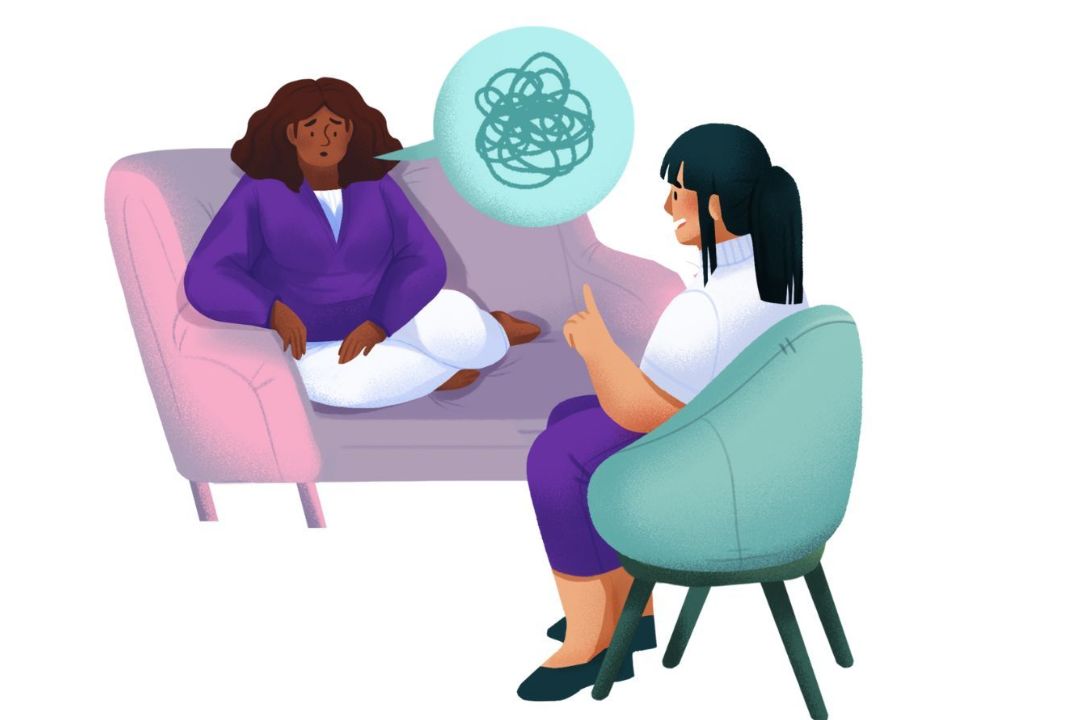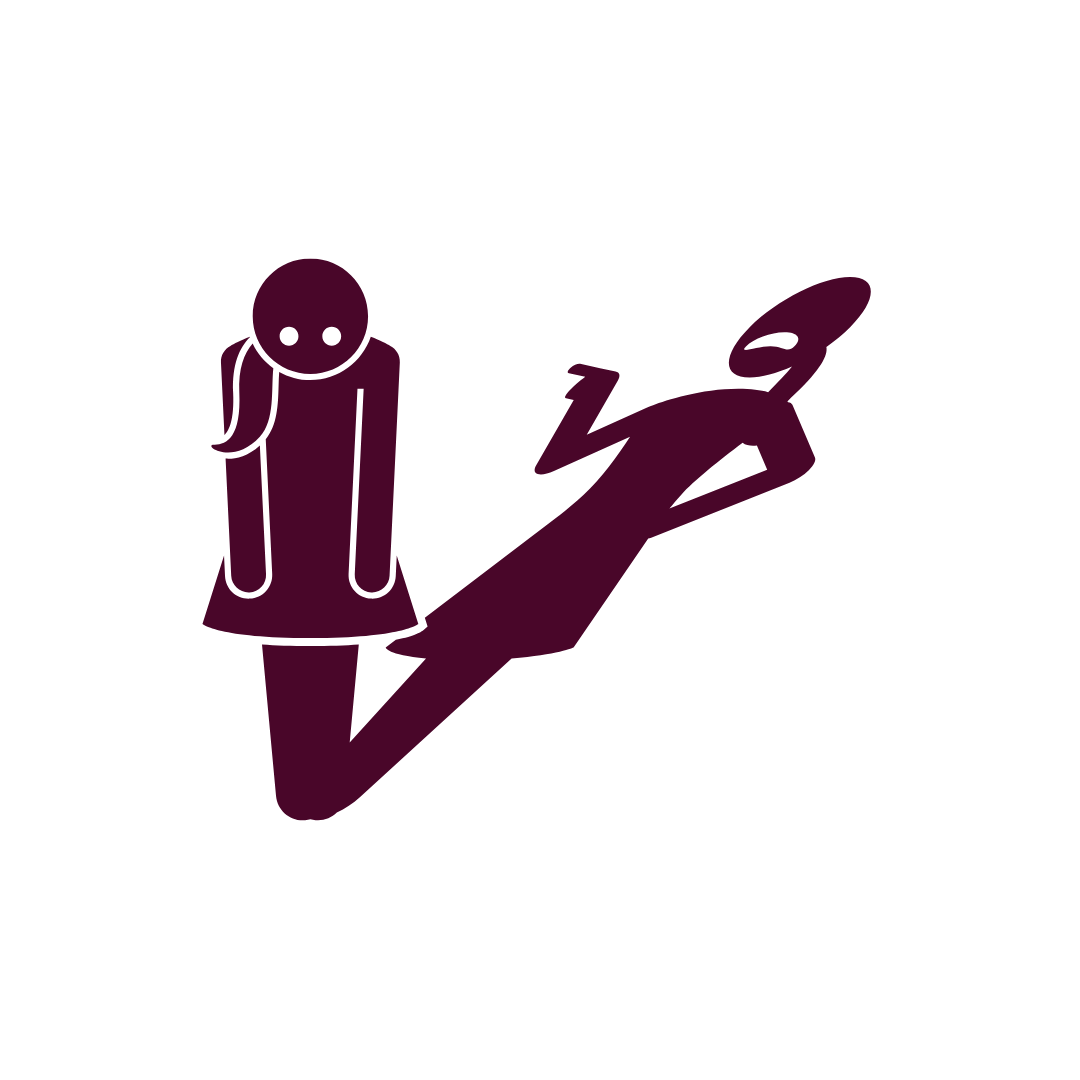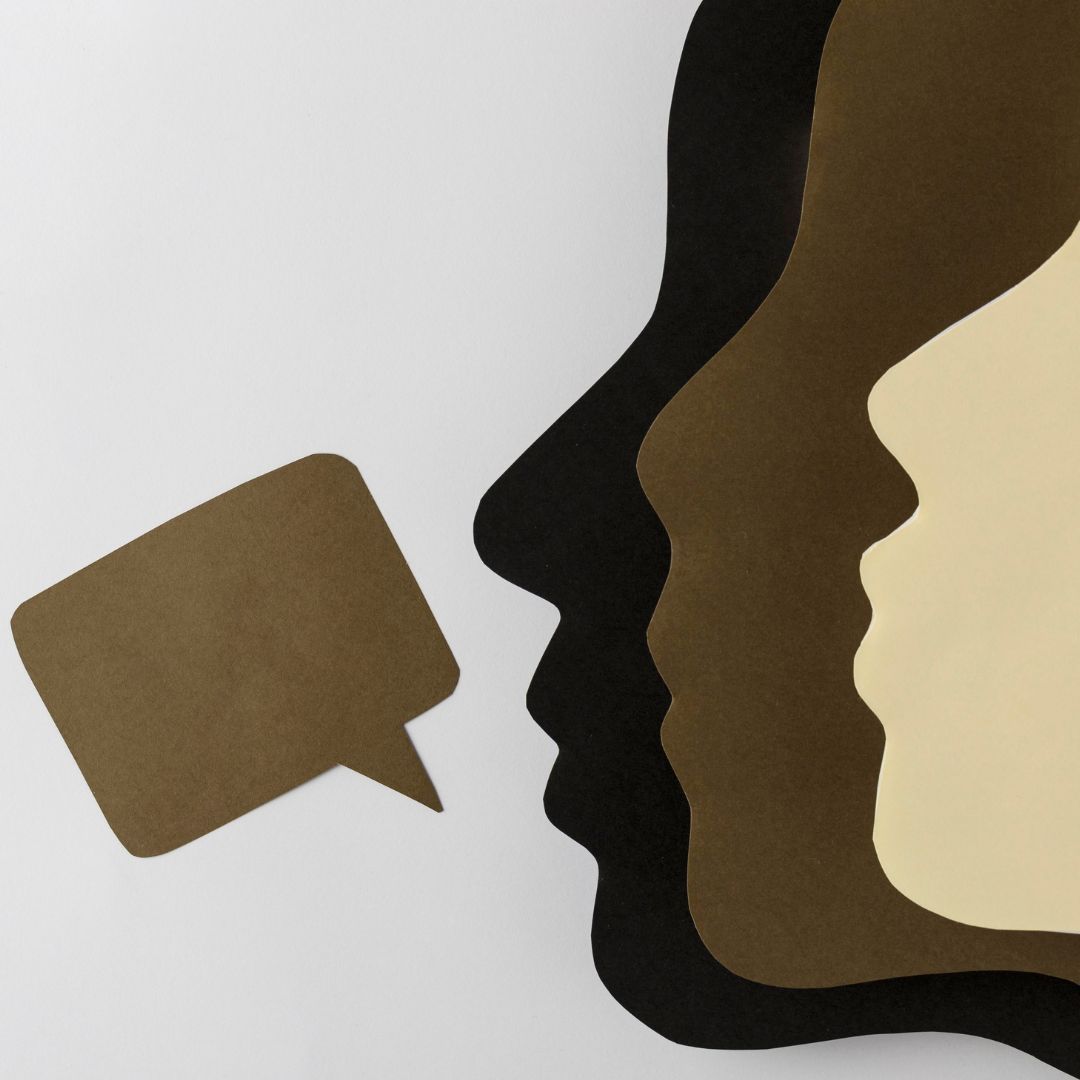Healing as a Practice

“It’s scary to find out, but it’s a gift to know.”
We often have to sit in the middle of our hurt in order to get to the other side. With vulnerability, we acknowledge the nuances of our experiences and find acceptance in it.
However, people maintain patterns–though maladaptive–because it’s familiar and safe. In therapy, we know we’re asking you to do the difficult task of choosing different behaviors and thus, to feel a little “unsafe.”
To hold the mirror up to ourselves and be curious about our ways of being–it can feel uncomfortable. You might not be ready or up to the task and that’s OK. We have to normalize the challenges in choosing to heal.
Healing is a choice. A practice.
So while it’s uncomfortable and scary, should you find the motivation or the “why” in your journey, you’ll find that there’s also a lot of insight and growth in the exploration of you.
It’s a gift to better understand ourselves so that our values, intentions and thoughtful decisions lead our lives rather than impulse/reactivity because of unresolved trauma.
Ask yourself, “Why do I heal?” and make a list. Then circle the one that matters most to you. Let this be a reminder that our “why” is more powerful than our fears.
Example:
I heal because…
- I deserve loving, meaningful relationships
- I want better ways of managing conflict
- I want to see myself in a positive light
- I deserve a peaceful home
- I am worthy of a healthy relationship with my body
- I seek self-forgiveness
Written by: Elaine Raif
Announcements


Founder & Clinical Director Junie Spotlighted in LA Times!
We have some thrilling news to share. Our founder/clinical director has been featured in the LA Times, and we couldn't be more excited to spread the word.
If you haven't had a chance to read the LA Times feature yet, you can check it out https://www.latimes.com/lifestyle/story/2023-12-05/how-to-become-a-secure-dater for an in-depth look at understanding your attachment style and feeling more secure dating in LA.



COMPANY
SERVICES
CONTACT
